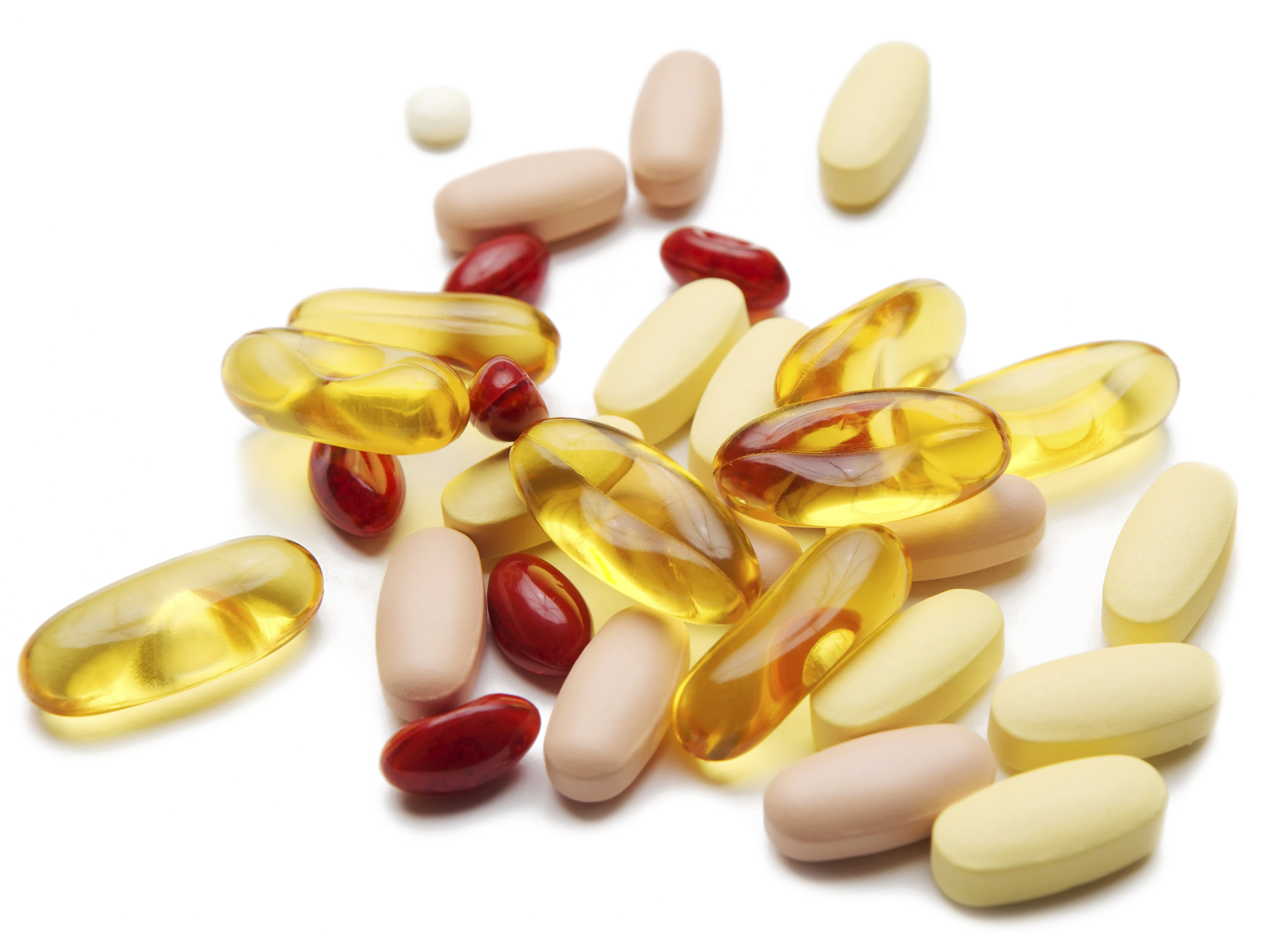
Do you catch yourself thinking “why do I still need to take my multivitamin months or even years after bariatric surgery”?
Let me remind you why you shouldn’t forget to take your multivitamin.
Nutritional deficiencies are common after all types of bariatric surgery. With reduced portion size from your bariatric surgery and changes to your digestive system from some surgeries, it can be difficult to meet all of your nutritional requirements. Over time you are at much greater risk of developing a range of nutritional deficiencies than most people as you cannot meet all of your requirements through food alone. Your prescribed multivitamin you will help fill in nutritional gaps in your diet and can assist to prevent deficiencies.
There are many nutrients which need to be supplemented after bariatric surgery which is why most Dietitians recommend a bariatric multivitamin for routine supplementation and then add nutrient specific supplements as required. For example, zinc, thiamine and folate are micronutrients that can become difficult to meet through diet alone. Zinc deficiency can result in hair loss, a loss of taste and a poor immune system; thiamine deficiency occurs in people who regurgitate regularly, lose weight rapidly or over-consume alcohol; folate deficiency can cause you to feel depressed, forgetful, irritable, weak and fatigued. Even though we don’t require large amounts of these micronutrients taking your multivitamin will assist in preventing deficiencies.
Let’s take a closer look at 3 important nutrients that you risk becoming deficient in if you forget to regularly supplement your diet.
Iron
Iron deficiency is the most common nutritional deficiency in the Western world, and it is particularly high post weight loss surgery as iron is converted into an absorbable form by the acid in your stomach. If the size of your stomach has been reduced, you will produce less acid resulting in less absorbable iron. Iron is essential for the transfer of oxygen around the body and deficiency can cause dizziness, breathlessness and extreme tiredness. You should aim to have 8mg iron per day however it is recommended that pre-menopausal women consume 18mg per day.
Few people meet their iron requirements through diet alone post surgery and so it is imperative to take an iron-rich multivitamin daily to avoid developing an iron deficiency. Your iron levels should be checked annually via a blood test.
Vitamin B12
Vitamin B12 deficiency is most common in people who have had a sleeve gastrectomy or Roux-en-Y gastric bypass as a decreased production of stomach acid post surgery means that your body will no longer absorb vitamin B12 as efficiently as it should. People who have had a laparoscopic adjustable gastric band can also develop vitamin B12 deficiency as their foods rich in vitamin B12 can be reduced. A vitamin B12 deficiency can cause a condition known as megaloblastic anaemia and symptoms will be similar to that of iron deficiency. Thus, it is important that your multivitamin has a high dose of vitamin B12 to prevent deficiency and you monitor your vitamin B12 status through annual blood tests.
Calcium
Metabolic bone disease and osteoporosis due to inadequate calcium are common long term side effects of weight loss surgery. These conditions can cause you bone pain, increased risk of fractures and increased risk of admission to a nursing home in your later years. Vitamin D deficiency is extremely common and as vitamin D is needed to absorb calcium an existing deficiency can put you at greater risk of not absorbing sufficient calcium. It is recommended that you consume 1200mg of calcium per day to meet requirements (which is more than the average). Your multivitamin can supplement your calcium intake to help meet your requirements but also ensure you maintain adequate Vitamin D levels as well.
Nutritional deficiencies will not develop overnight, but over time they can affect your health and quality of life. So, what are you going to do? I’m going to bet that you get into a good routine of taking your multivitamin daily so you prevent developing any deficiencies. Remember it is a good idea to review your blood test annually to monitor your nutritional status and talk to your dietitian about how to optimise the nutritional adequacy of your diet too.
